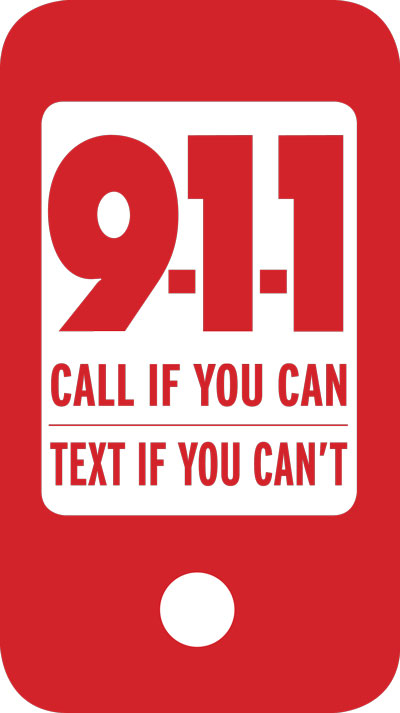When you mistakenly dial 9-1-1, you would think you’d be safe hanging up right away if the phone doesn’t even ring, right?
NOPE, WRONG, 9-1-1 calls come in on special equipment, they present the call to us before it even rings on your end.
Mistakes happen, whether it’s a pocket dial, you pressed that special sequence on your cell phone that initiates an emergency call, or a child calls 9-1-1.
PLEASE, don’t hang up to save us time, we’ll only have to call you back to make sure you’re okay. We understand, it happens. Just stay on the line and let us know, it was just a mistake!
Thank you!
